URBACT brings Gender Equal Cities to WUF11
Edited on
18 July 2022Present at the 11th World Urban Forum, URBACT has left its mark on how cities can be better planned for all.
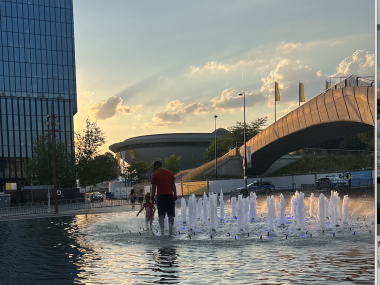
The UN-Habitat World Urban Forum is the biggest global conference on sustainable urban development, taking place every two years and gathering urban stakeholders and practitioners from across the globe. The eleventh edition (WUF11) was no different, it took place from 26 to 30 June in Katowice (Poland) in partnership with the Polish Ministry of Development Funds and Regional Policy and the Municipal Office of Katowice, and it was held under the theme 'Transforming our Cities for a Better Urban Future'.
The event was a great opportunity to share and exchange on trends, challenges and opportunities for cities. The programme's representation at WUF11 shared the work done by URBACT cities during the conference's sessions, as well as through networking with current and new partner organisations and city representatives who visited our stand in the Urban Expo. More information about URBACT's sessions at WUF is available here.
What is a gender-equal city and how to become one?
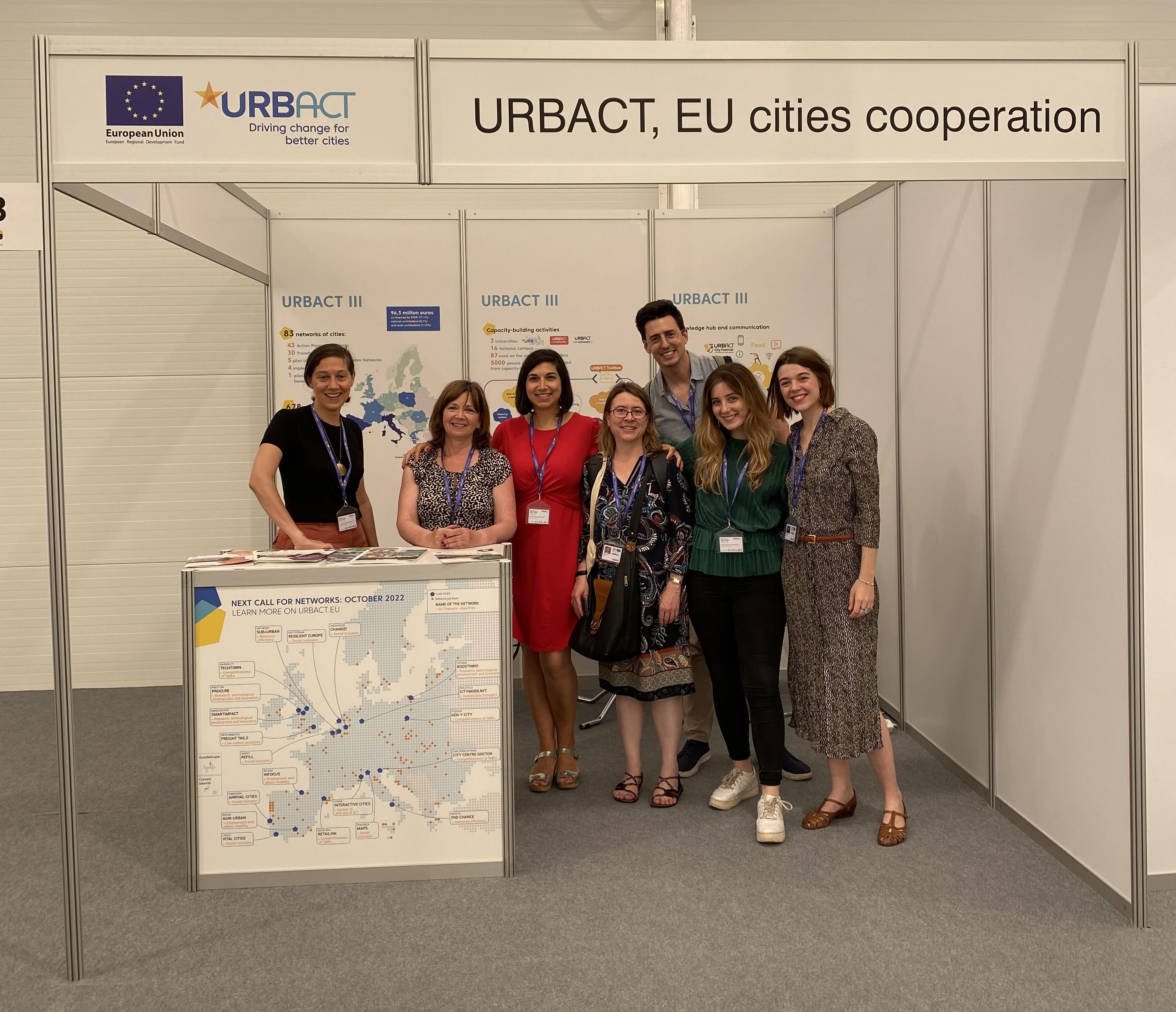
URBACT hosted a training session under this title, based on the programme's work on Gender Equal Cities. It aimed at increasing participants' knowledge of gender equality as a cross-cutting issue and providing strategies and tips to mainstream it at the city level. The good practices and tools to build the capacity of city administrators to strive for equality in the city can be found in the brand new edition of the Gender Equal Cities report.
The session started with a quiz to find out who is in the room and engage with participants on gender equality in their own cities and worldwide. URBACT Programme Expert, Sally Kneeshaw, proceeded with sharing the reasons why gender equality is an important issue to be tackled also at the municipal level and the tips how to do so. One of the good practice cities on this subject is Umeå (Sweden), the Lead Partner of URBACT’s Action Planning Network GenderedLandscape. Umeå has engaged in creating a more gender equal city for 30 years, embedding the gender perspective from the political level, to urban planning and the daily work of its municipal services. Their gendered-landscape method, shared by URBACT with the participants of the training, is creating a city that belongs to everyone, and where women and girls can feel safe and thrive.

Gender mainstreaming and the case of Vienna
Chief Executive Officer, Executive Group for Organisation, Safety and Security, Section Gender Mainstreaming of the City of Vienna, Ursula Bauer, made an inspiring contribution by sharing the case study of gender mainstreaming in Vienna (Austria). She explained how gender mainstreaming works in practice, and stressed its five principles: 'gender-inclusive language, gender-specific data collection and analysis, equal accessibility of services for women and men, equal participation of women and men in decision-making processes and integration of gender equality in management control tools'. She also brought up the importance of gender-sensitive education, which is included in Vienna’s Education Plan, as well as gender being a subject for teacher training. The data presented also demonstrated that everyone benefits from gender equality, resulting in a higher level of municipal services, increased GDP per capita and better human development.
Tools for equality and gender-responsive public procurement
The training session continued with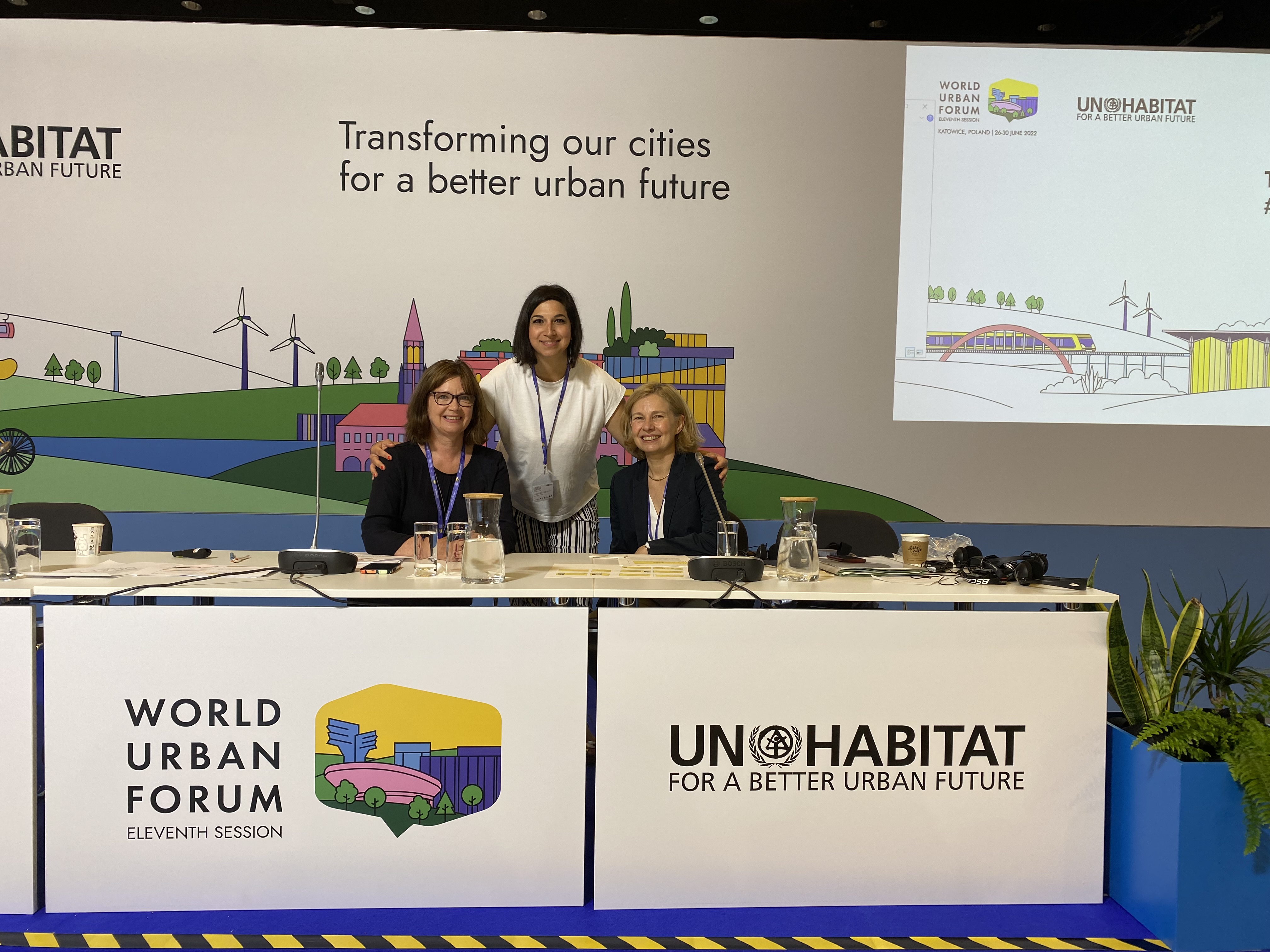 introducing the concept of gender-responsive public procurement as a measure of supporting gender equality at city level. URBACT has recently launched a new module for the Strategic Public Procurement Online Course on the subject, showing how to unlock the potential of public procurement for achieving gender equality. Ursula Bauer shared how this tool is being used in Vienna, from the commissioning phase, including the gender perspective requirements in the tenders for public services, providing guidelines for contractors and monitoring the results.
introducing the concept of gender-responsive public procurement as a measure of supporting gender equality at city level. URBACT has recently launched a new module for the Strategic Public Procurement Online Course on the subject, showing how to unlock the potential of public procurement for achieving gender equality. Ursula Bauer shared how this tool is being used in Vienna, from the commissioning phase, including the gender perspective requirements in the tenders for public services, providing guidelines for contractors and monitoring the results.
Finally the time has come to put the knowledge into practice! Participants worked in small groups on a gender-responsive public procurement case study. The presented scenario included designing a new bus line with gender equality commitments. Participants had to design a public consultation and think of the outcomes the tender should result in. Afterwards, the groups presented their ideas and shared feedback to the other proposals.
The training was concluded by Sally Kneeshaw with a recap of what the group has learnt and the commitments to gender equality the participants would like to bring to their cities.
-
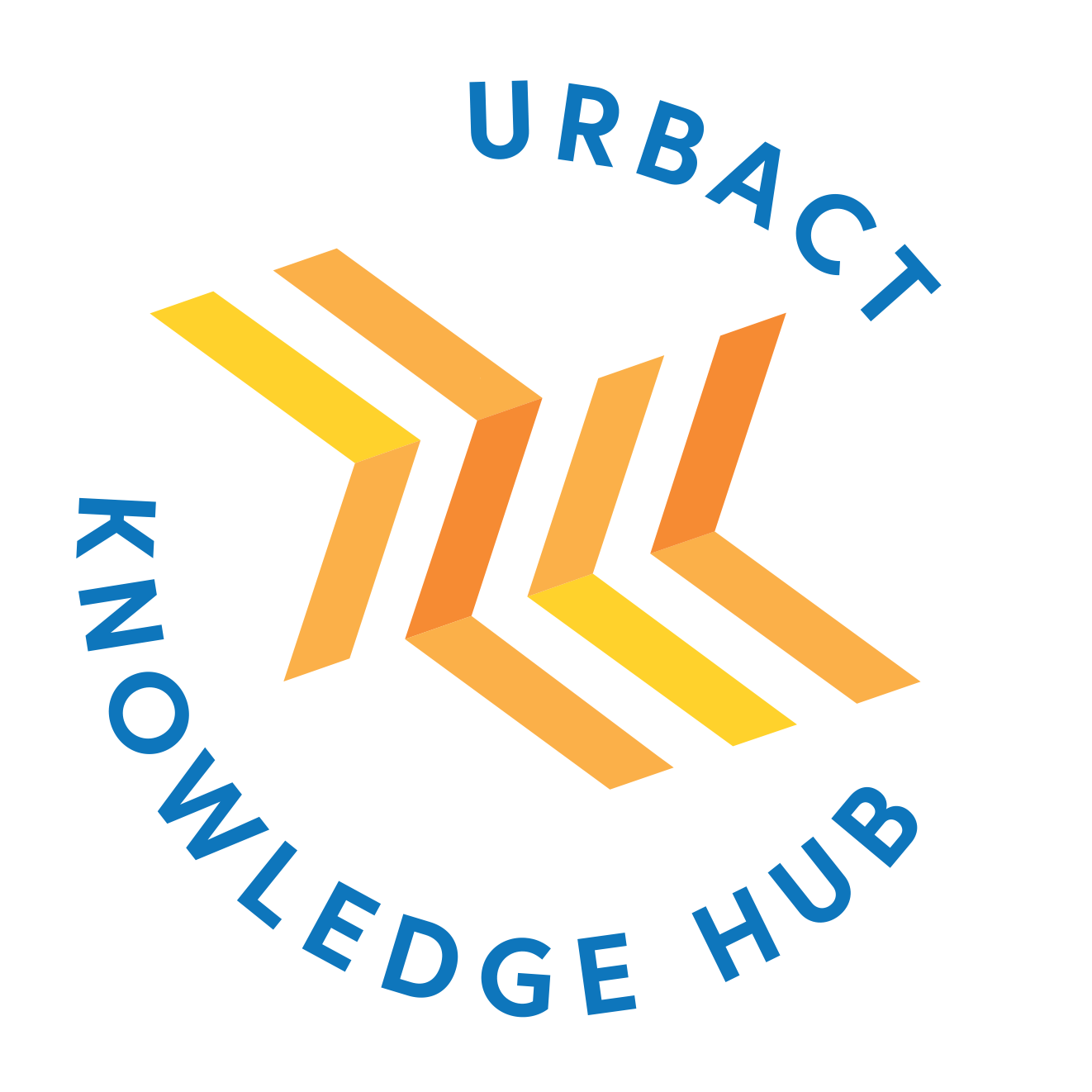
Interested in the topic of gender-responsive public procurement?
Click here to start your own journey towards more equal cities!
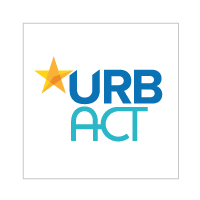 Submitted by URBACT on
Submitted by URBACT on




